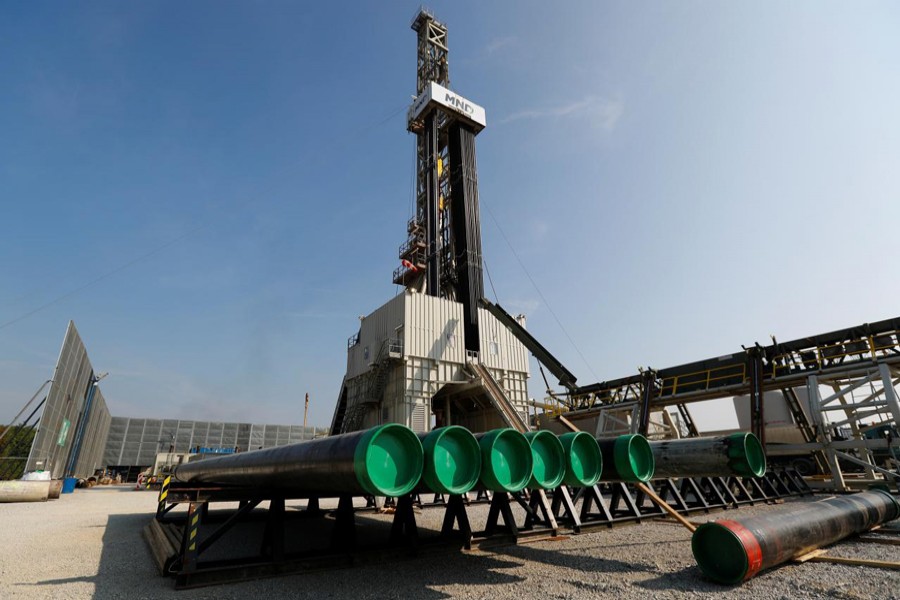Oil prices headed for a third weekly loss on Friday after Saudi Arabia warned of oversupply, while a slump in stock markets and concerns about trade clouded the outlook for fuel demand, reports Reuters
Brent crude oil LCOc1 was down 70 cents at $76.19 per barrel by 0740 GMT, on course for a weekly loss of more than 4 per cent. It has fallen by close to $10 in the last three weeks.
US crude CLc1 was 70 cents lower at $66.63, set for a 3.5 per cent loss this week.
"The near $10 per barrel drop in Brent crude seen over October is a spillover from the global sell-off in equities," Fitch Solutions said in a note to clients.
A global collapse in equities has roiled oil markets this week as Wall Street had its biggest daily decline since 2011, wiping out all of this year's previous gains.
Financial markets have been hit hard by a range of worries, including the US-China trade war, a rout in emerging market currencies, rising borrowing costs and bond yields, and economic concerns in Italy.
There are also signs of a slowdown in global trade, with container and bulk freight rates dropping after rising for most of 2018.
After many months of concern about shortage of supply ahead of US sanctions on Iran, due to begin on Nov 4, the oil market is beginning to be concerned about possible oversupply and inventories that are rising in many parts of the world.
Saudi Arabia's OPEC governor said on Thursday oil markets could face oversupply by the end of the year.
"The market in the fourth quarter could be shifting toward an oversupply situation as evidenced by rising inventories over the past few weeks," Adeeb Al-Aama told Reuters.
Saudi Energy Minister Khalid al-Falih said there could be a need for intervention to reduce oil stockpiles after increases in recent months.
For now, however, the main focus in the oil market remains on US sanctions and the impact they are having on Iran's oil exports. Washington has said it wants to reduce Iranian oil sales to zero, although this looks unlikely.
Many buyers, including Iran's biggest customer, China, appear to be falling in line, forcing Tehran to store unsold oil on tankers in the hope it can sell the crude once sanctions are lifted.
Another report from Dubai adds: Iraq will proceed with plans to increase oil and gas production capacity, Oil Minister Thamer Ghadhban said, according to an emailed statement from his ministry on Friday.
Ghadhban is among the ministers sworn in this week as part of the new Prime Minister Adel Abdul Mahdi's cabinet.


